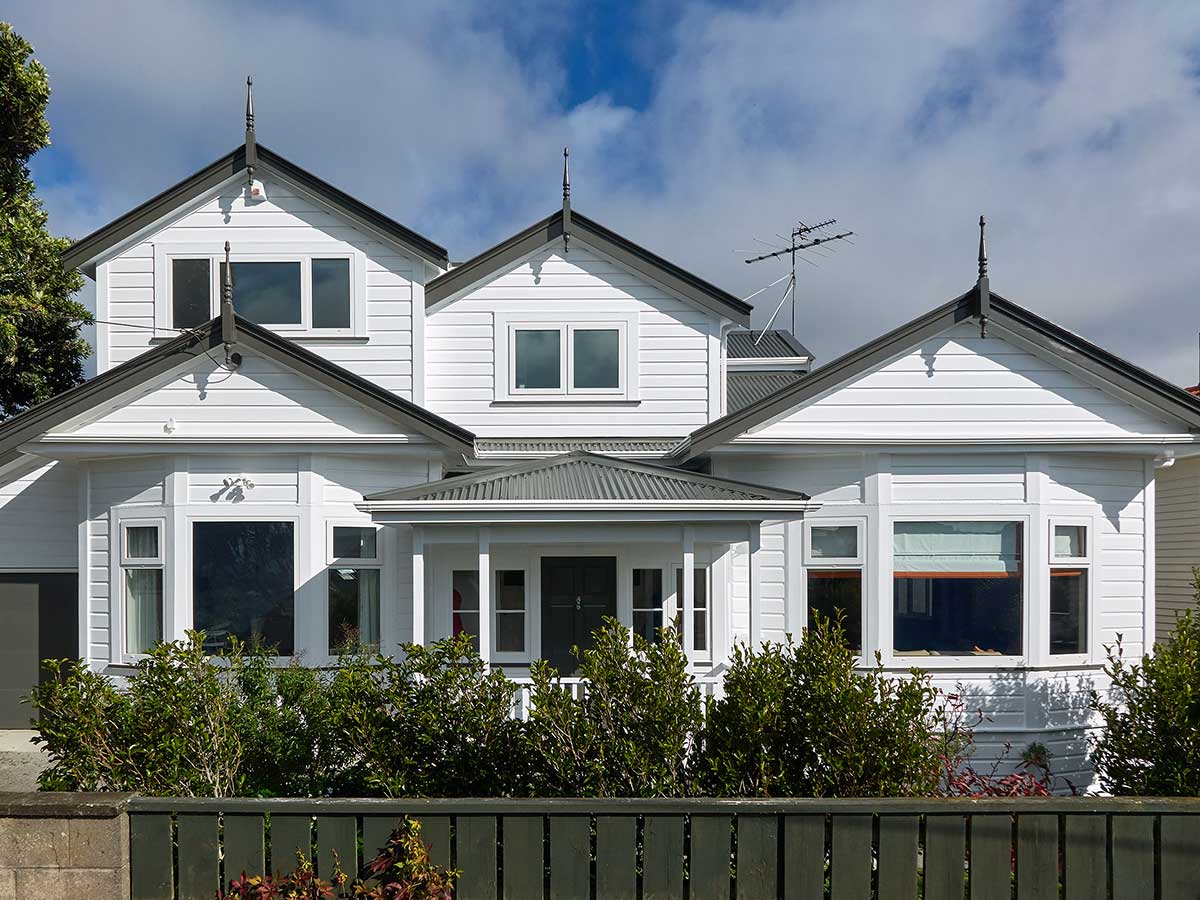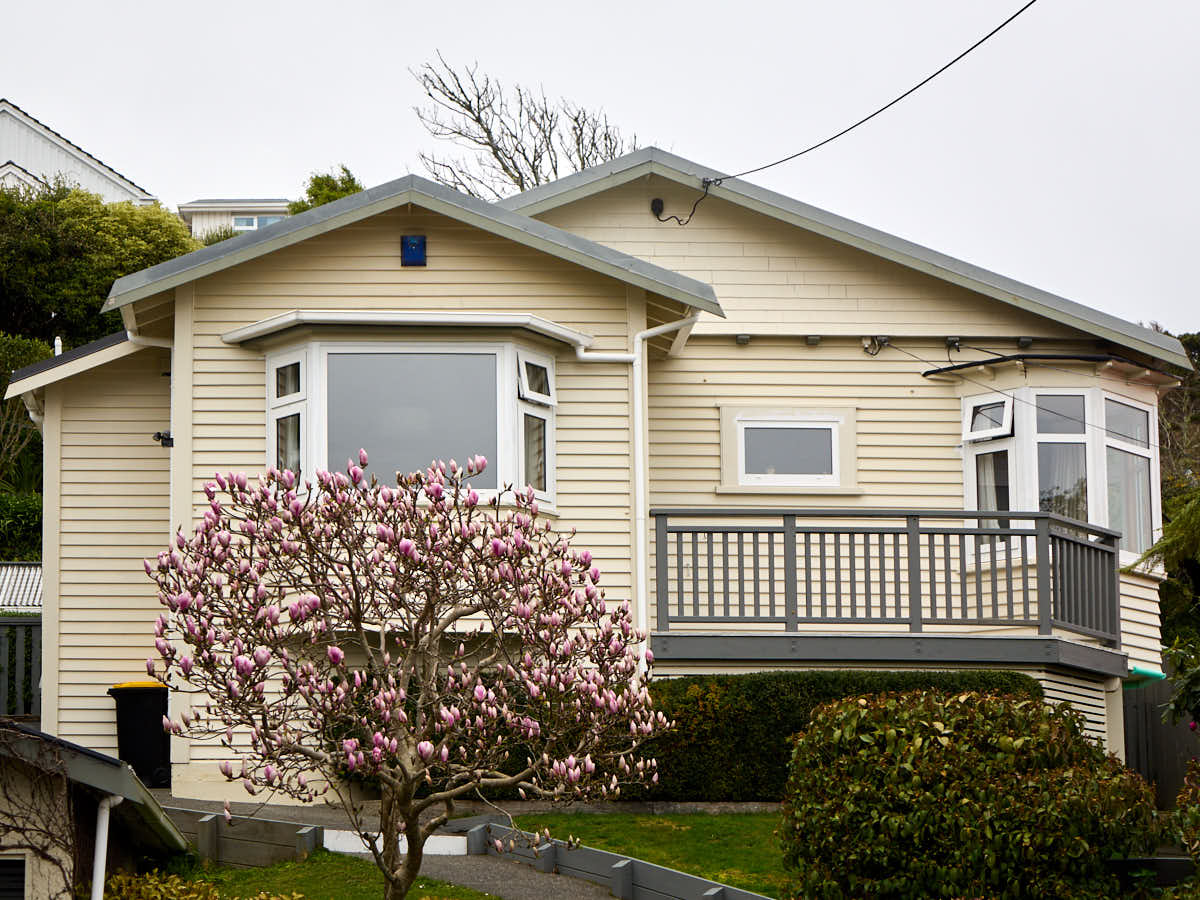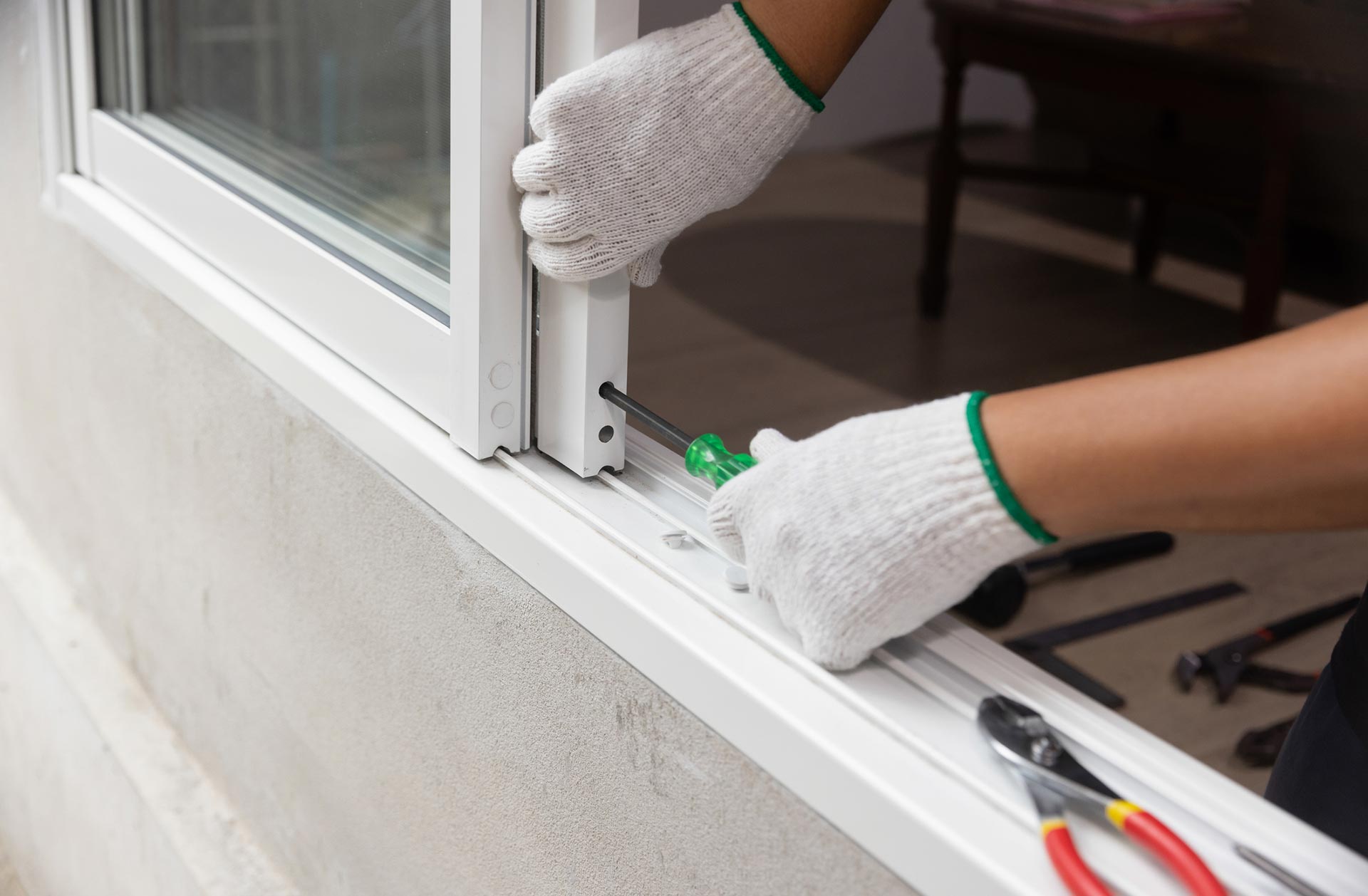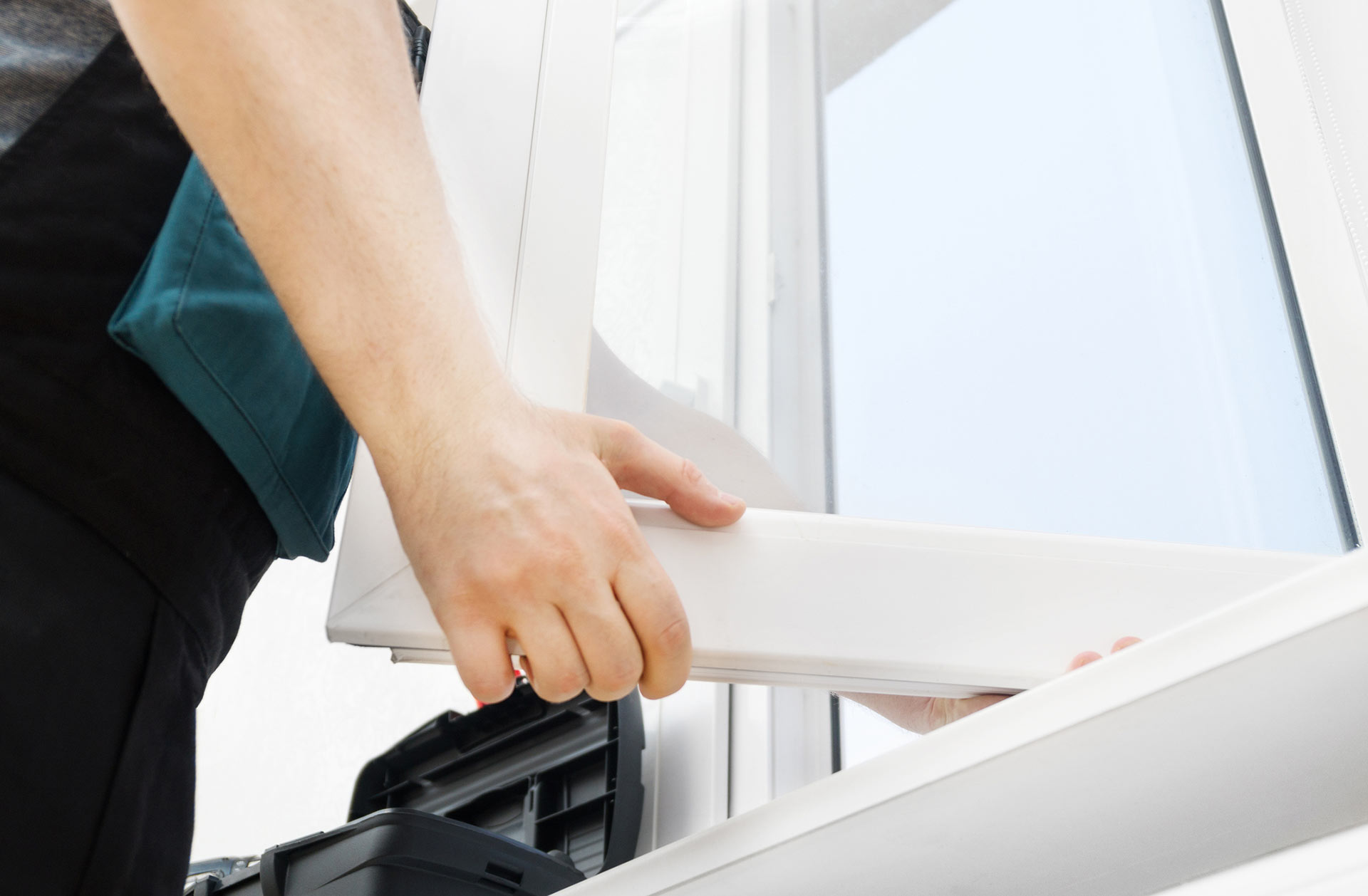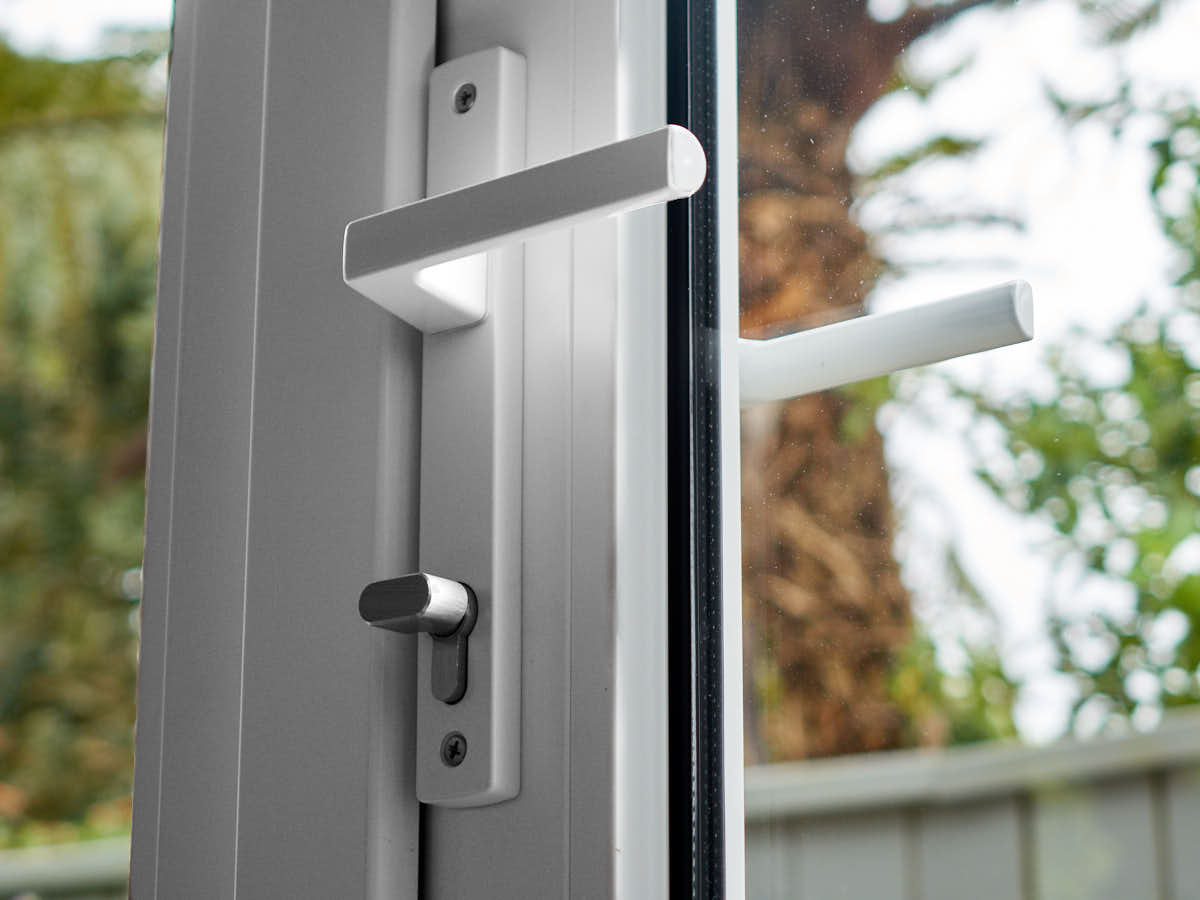Can you not see out of your windows when you wake up in the morning? Are your windows getting condensated during these cold winter months? Then you have excess humidity in your home that’s making the inside surface of your windows sweat or cry. Have you ever wondered what causes this occurrence, if it’s harmful to your home or how you can eliminate it? Eco Auckland’s uPVC double glazing is an excellent solution, as these increase insulation in your home and prevent moisture from forming. However, let us give you a complete rundown about condensation and humidity and some simple changes you can make in your household to make it a healthier and happier place to live in.
What causes condensation?
Fog on your windows is a sign of condensation caused by water vapour in the air. It occurs if there is excess moisture in the air and forms when warm air comes into contact with colder surfaces, such as windows, doors, or mirrors. This generally means your home has excess humidity that cannot escape. The moisture can be caused by doing the most everyday things, such as breathing inside the house, cooking, showering and doing the laundry. Whenever you see foggy windows in your home, that is a sign that you should try and reduce the humidity indoors before it causes any further complications. Condensation occurs the most often in winter when temperatures are below 10C. Sadly, old homes are more susceptible to excessive indoor humidity, as insulation wasn’t as advanced, and the walls and ceilings were built of less effective material, allowing water vapour to flow through the surfaces simply.
Are condensation and excess humidity harmful for your home?
Generally speaking, yes. They not only prevent you from seeing outside and enjoying the view, but they can also have a further negative impact on your home. The excess humidity can pass through walls and freeze insulation, which can damage your ceiling and walls once it melts. It can also form blisters under the exterior paint on the outside of your home. Problems like peeling paint, rotting wood, mildew, moisture spots on ceilings and walls and moving floors can all be caused by the humidity.
How can I prevent condensation?
Modern homes are less susceptible to moisture and condensation, as even windows and doors are built to reduce any air leakage, working to keep the cold air out and the warm air in. Eco Auckland’s double glazed windows support the insulation of the home by being tight sealing and eco-efficient. Whatever house you have, ventilation is the most effective way to control the humidity levels of the interior. Opening a window for a few minutes will be a quick fix to eliminate any condensation that has occurred by allowing the stale air out and welcoming fresh and dry air in. Make sure you turn on exhaust fans when you shower or cook to improve the ventilation in a confined room and prevent condensation from occurring. Structural ventilation is the most effective way to keep your home fresh and involves putting miniature louvres in exterior walls and improved insulation of the whole area.
Get in touch with Eco Auckland to solve your condensation problems. Our uPVC windows are insulating and will keep your home ventilated even during the moist winter months. Our team can give some more tips and tricks about how you can improve the comfort levels of your home and keep your windows and doors clear of condensation! Contact us today with any questions.
